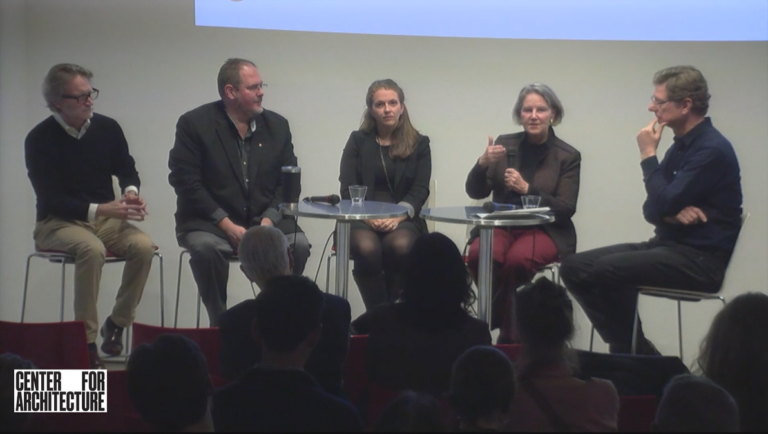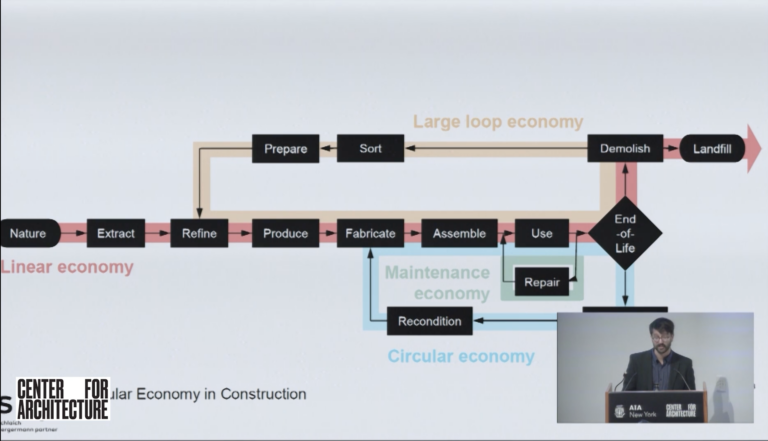United States landmark legislation like the Civil Rights Act of 1964 and the Americans with Disabilities Act of 1990 established legal rights to accommodation and access that have had a profound impact on both the experience of public life and overall thinking about personal mobility. However, legal mandates have not always assured social change. Uneven power dynamics have continued to linger even as new biases emerge in reaction to shifting political and cultural patterns. From transit-starved neighborhoods to over-policing of pedestrians, drivers, and international travelers, systemic barriers to getting from one place to another remain persistent challenges, often with the most impact on marginalized and disadvantaged groups.
This program will examine equitability in mobile systems from both critical and practical perspectives. This panel discussion will illuminate ways that professional practice can move from stances of baseline compliance with equity mandates to more proactive approaches that support just and fair mobilities.
Naomi Doerner, Core Organizer, The Untokening
Sarah Kaufman, Associate Director, NYU Rudin Center for Transportation
Dr. Mimi Sheller, Director, Center for Mobilities Research and Policy
Shin-pei Tsay, Executive Director , Gehl Institute
Moderator:
Kafui Attoh, Professor of Urban Studies, CUNY Graduate Center



